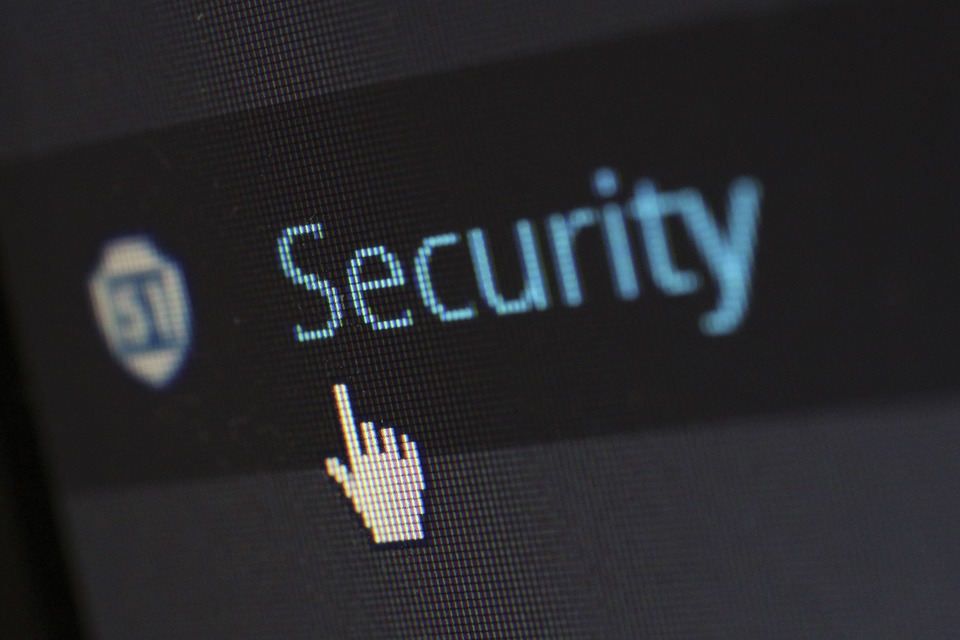One of the most frequently asked questions we get in Computerology is how to best protect your computers and / or devices against malware and theft.
In an age where people carry their most precious and sensitive information – both financial and personal – on a mobile device, it is important that these devices are as secure as possible.
We have compiled a list of the top things you can do to protect your device, and yourself against hackers and thieves alike.
Passcodes
- Let’s start at the beginning – password protection. It seems obvious, but most people only have the very basic 4-digit passcode protection set-up enabled on their devices when in fact, on Apple devices you can set it to up to 6 digits and on Android, you can have up to 16 digits in your code.
- You can also passcode enable individual apps so that if hackers do manage to work out your code, they will have their work cut-out trying to access any further information if you have each app password enabled.
- When creating a passcode or password for your device – be it a PC, laptop or mobile device – don’t make it obvious. It should not be 1234 or 0000 or Password123 – please don’t let it be Password123! You need to make the process as difficult as possible for anyone trying to access your information. They’ll start with the obvious and go from there!
- If you have several different passwords and are having trouble remembering them all, you can use a service like 1Password to help – it’s a platform that stores all of your passwords in one place.
Set up encryption and remote wipe
- If your phone is lost or stolen, you should be able to wipe it remotely. Remote wipe is a security feature that allows a network administrator or device owner to send a command to a computing device and delete data. Find out how here: (Link to separate blog about how to do this).
- Ensure encryption is enabled on your device. Find out how here.
- Don’t fall for a scam. We all get the emails – we’ve won the lotto or a relation we never knew existed has bequeathed a fortune to us – and we always wonder ‘who could fall for that?’ but people do, and scams are becoming more sophisticated and believable. So what should you look out for?
– Any email looking for account details, credit card details, personal information or other confidential information.
– Emails from banks that are looking for you to submit personal information. Call your bank if you receive one.
– Something that says you have won a prize or draw.
– Something that is written looking for an urgent response. - Read our blog on how to protect against phishing scams.
There’s an app for that
There are apps for everything from tracking your health to financial advice to meditation or music. In 2017, mobile apps accounted for almost half of global internet traffic. So, if you are downloading an app, be sure that you are getting it from a trusted source. All apps on Google’s Play Store and the Apple’s App Store are verified by them so they can stand-over their authenticity as non-malicious apps.
Avoid using public Wi-Fi
We’ve all done it – using public Wi-Fi is very tempting as you sip your cappuccino in a local coffee shop but be aware that it is not secure and you could be hacked. Never access bank details or enter confidential information while on public Wi-Fi.
Cover up
It might seem like an extreme measure but covering your lens and mic on your laptop and mobile devices could be worth it. We all remember back in 2016 when it was discovered that Mark Zuckerberg covers them on his devices and James Comey, Director of the FBI famously said, “I saw somebody smarter than I am who had a piece of tape over their camera” and decided to follow-suit. And yes – both Comey and Zuckerberg probably have more to protect than the average Joe Soap – but you can’t be too careful when it comes to your personal security as Aoife Crowley discovered. You can get a lens cover (or a roll of tape!) for a few quid, and we reckon it’s worth the investment.
Back-up
If you are unfortunate enough to be hacked or have your device stolen, it is bad enough without losing the entire contents of it too. All of your contacts, photos and messages can be lost in a split second. If you have backed-up your device all of this can retrieved and at least the only thing that is lost is the device itself. For advice on how to back-up your device, click here. (Links to blog on backing up android and iOS devices.)
